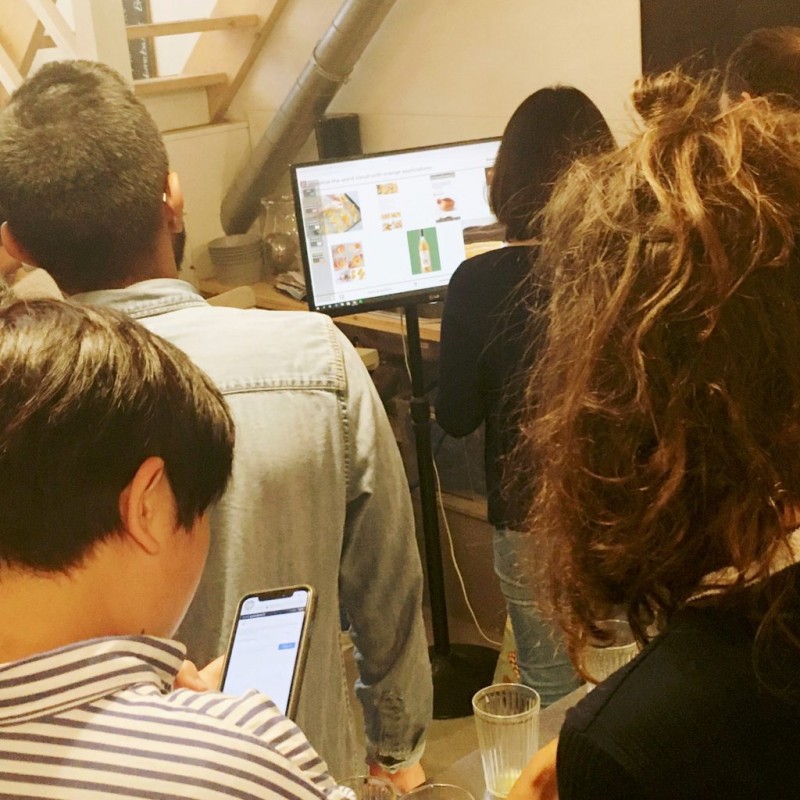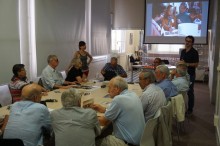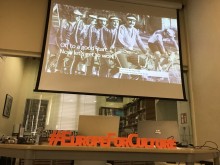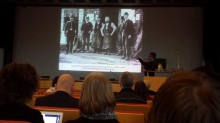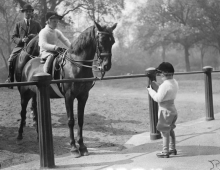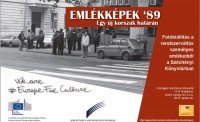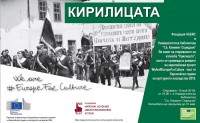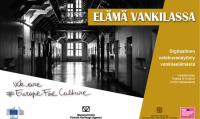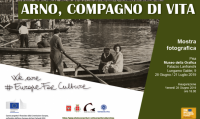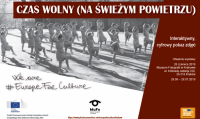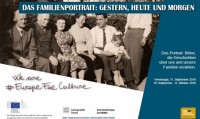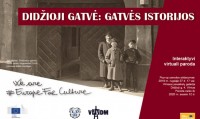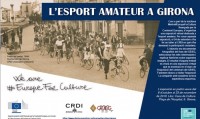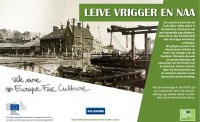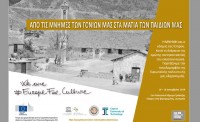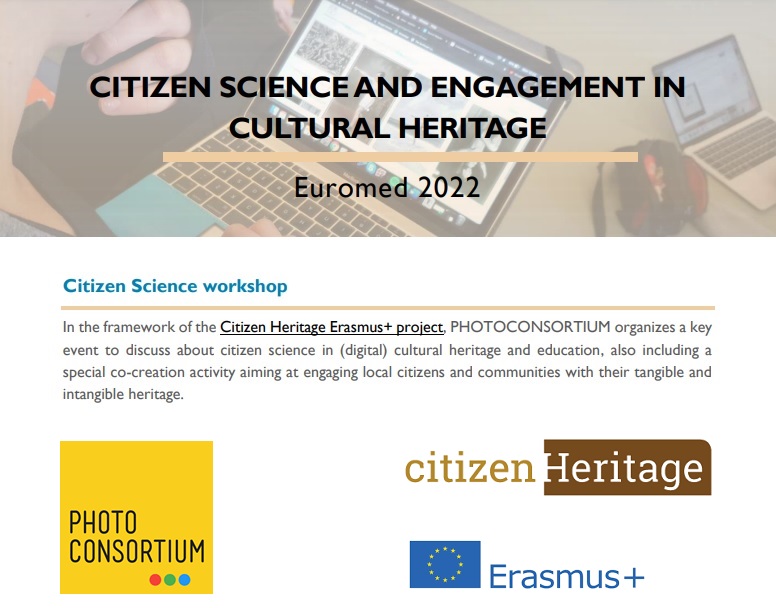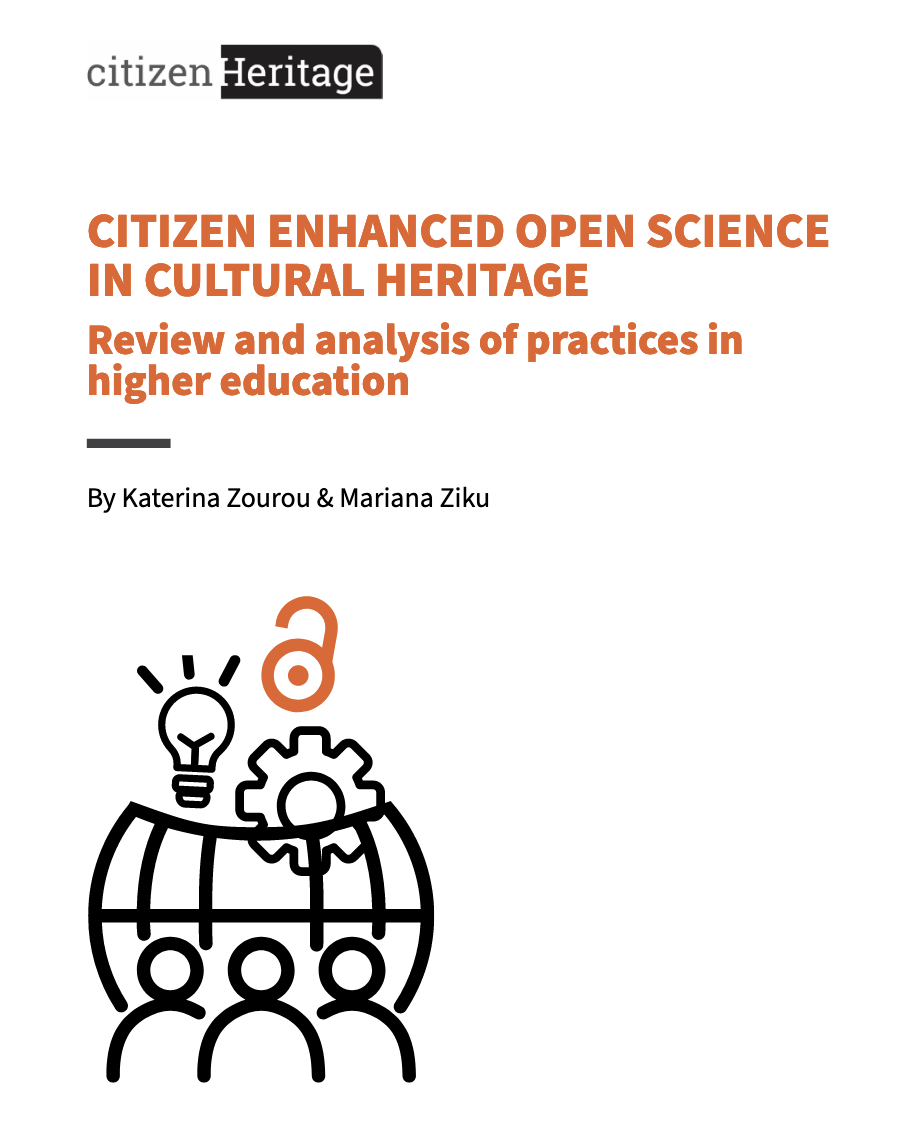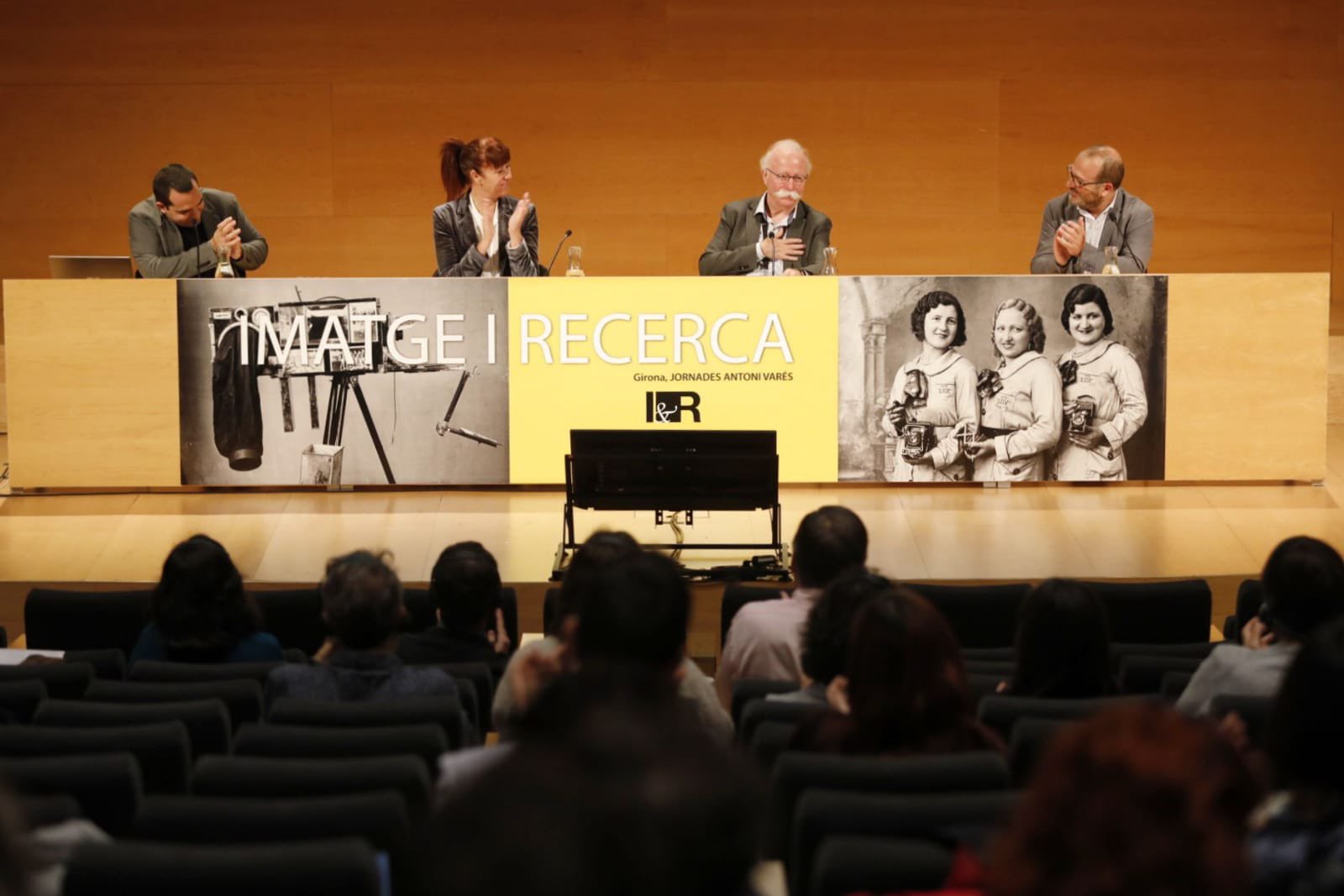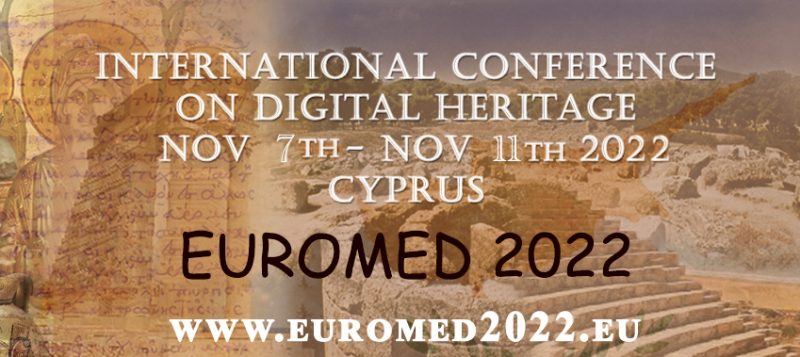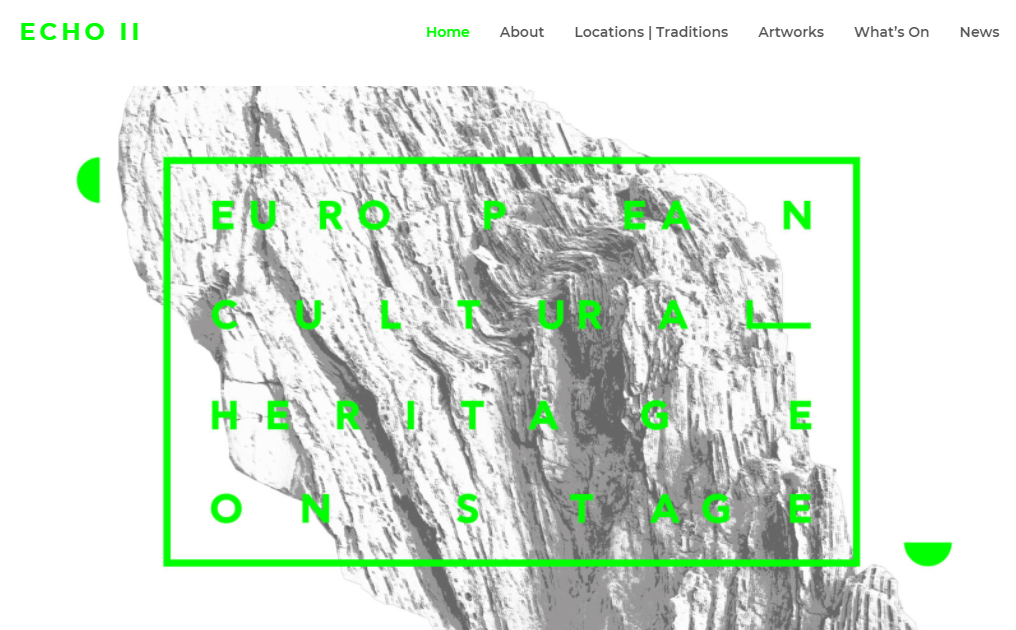WeAre#EuropeForCulture is about engaging communities with cultural heritage, helped by the use of digital technologies. To deliver 10 exhibitions of local cultural heritage in 10 European cities plus an additional one in Leuven as part of the final stages of the project, a programme of co-creation sessions allowed people participate in the exhibition set up with their photographs, stories, opinions and other user-generated content. Students, children, artists, craftsmen, elderly people, fishermen, amateur photo-collectors, museum curators, archivists, librarians and any other kind of people of any age were engaged in a truly open and participative approach to cultural heritage.
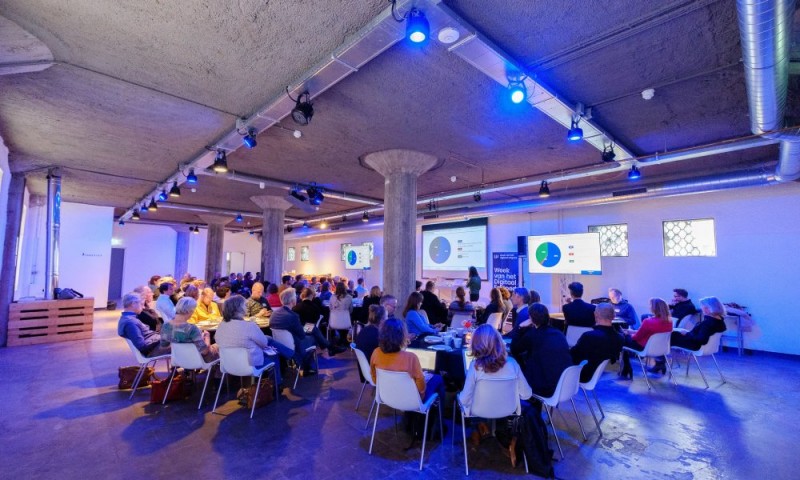
Sebastiaan ter Burg CC-BY
The co-creation sessions were coordinated by KU Leuven and Photoconsortium, in collaboration with the local partners hosting the workshops and exhibitions. As part of the technology made available for use in this project we find QANDR, Noterik’s tool to gamify any type of group discussion. QANDR offers several types of interactions, as a way to involve people into a discussion. It is possible to do polls, pointers, wordclouds, gradings, dilemma’s, ratings and it has an interaction model whereby it is possible to create moodboards together, which is fitting very well in the visually orientated project goal of making exhibitions together. QANDR works directly from the browser of the phones and also the mainscreen only needs an internet browser in full-screen mode, so it was very flexible and easy to use this tool on the different locations of the project. Detailed explanation about the tool is offered at this video.
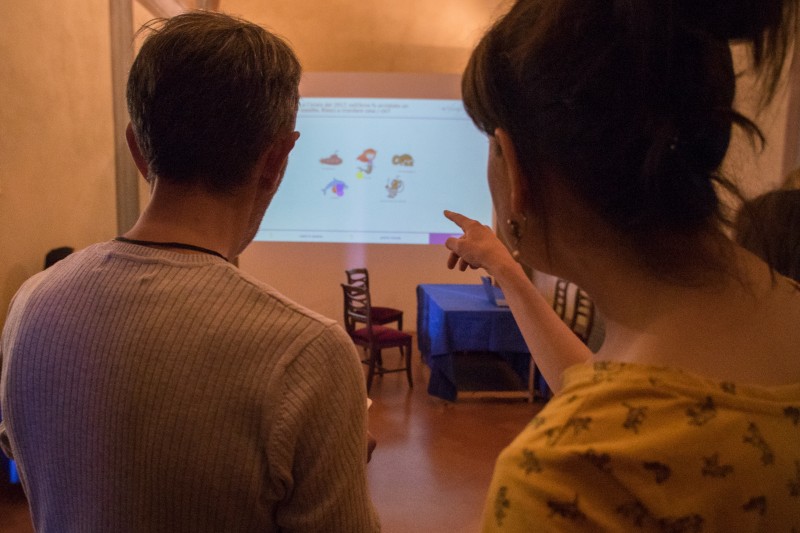
QANDR in Pisa
Whether you’re engaging casually with a small group of elderly people, or instigating a more formal discussion with an aula full of tech savvy students: everyone loves to play with the moving dots, fiddle with the pie charts or upvote words in a wordcloud. QANDR outsmarts other interactive discussion tools on the market, and perfectly integrates presentation slides for a sleek finishing touch, says Sofie Taes, curator-storyteller-workshopper at KU Leuven, who coordinated the co-creation programme.
About WeAre#EuropeForCulture: https://www.photoconsortium.net/europeforculture/
More about QANDR: https://www.qandr.eu/portfolio/qandr-is-contagious/
